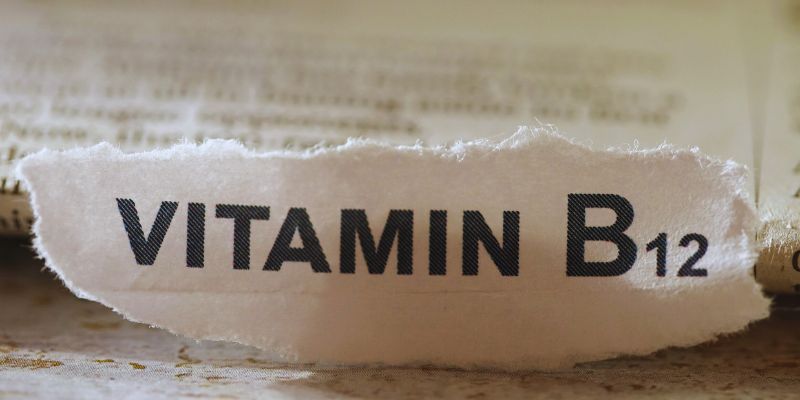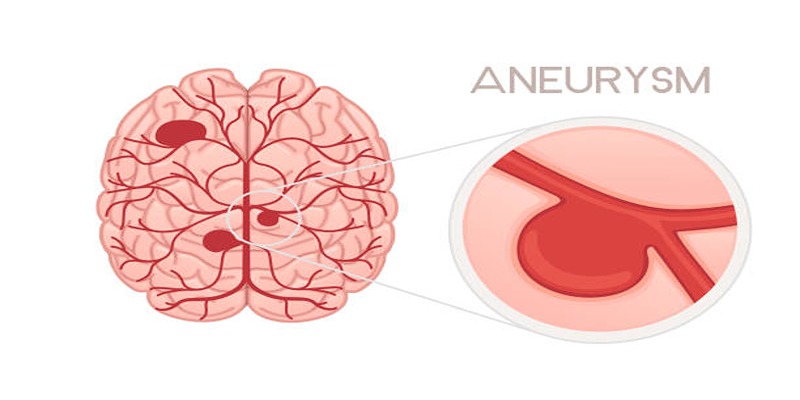Vitamin A is essential for maintaining good vision, a robust immune system, and healthy skin. A deficiency in this vital nutrient can lead to a range of health issues, including impaired eyesight, frequent infections, and dry skin. Understanding the symptoms of vitamin A deficiency is crucial for ensuring early detection and effective steps toward prevention or treatment.
What Is Vitamin A and Why Do You Need It?
 Vitamin A is an essential nutrient that supports key functions in the body, including vision, immunity, and skin health. It’s found in two main forms: preformed vitamin A from animal products and provitamin A carotenoids from fruits and vegetables.
Vitamin A is an essential nutrient that supports key functions in the body, including vision, immunity, and skin health. It’s found in two main forms: preformed vitamin A from animal products and provitamin A carotenoids from fruits and vegetables.
Understanding the Role of Vitamin A
Your body relies on vitamin A to stay healthy and function well. This important nutrient comes in two main forms:
- Retinol: Found in animal-based foods like liver, eggs, and dairy products.
- Beta-carotene: Found in colorful fruits and vegetables such as carrots, spinach, and sweet potatoes.
Why does your body need vitamin A?
- Clear vision, especially at night.
- Strengthening your immune defenses.
- Ensuring proper function of vital organs like your heart, lungs, and kidneys.
- Promoting healthy skin and tissue repair.
Make sure to include vitamin A-rich foods in your diet to support overall well-being!
What Causes Vitamin A Deficiency?
When the body lacks either sufficient dietary vitamin A content or ineffective vitamin A absorption we call this deficiency a vitamin A deficiency. Lack of vitamin A-rich foods along with persistent malnutrition together with medical conditions which interrupt nutrient absorption including celiac disease and liver disorders act as primary causes of such deficiency.
Lack of Vitamin A in the Diet
The main reason that leads to vitamin A deficiency is when you do not obtain enough of this vitamin from your food. A shortage of various fruits and vegetables along with animal-based foods frequently creates vitamin A deficiency among specific populations.
Poor Absorption of Nutrients
When individuals consume enough vitamin A they may struggle with its proper absorption by their bodies. Digestive problems lead to poor vitamin A absorption in individuals experiencing such conditions.
- Celiac disease
- Crohn's disease
- Pancreatic disorders
- Liver diseases
High Nutritional Needs
Certain people may have higher vitamin A requirements, such as:
- Children going through growth spurts
- People with frequent infections
Common Symptoms of Vitamin A Deficiency
Vitamin A deficiency can lead to various health issues that range from mild to severe. Recognizing these symptoms early is crucial for maintaining overall health and well-being.
1. Night Blindness
One of the earliest and most noticeable signs of vitamin A deficiency is night blindness. If you have trouble seeing in low light or darkness, your body might not have enough vitamin A to produce the pigment your eyes need to adjust.
2. Dry Eyes and Vision Problems
Vitamin A helps produce moisture in the eyes. Without it, your eyes may become dry, irritated, or even damaged. In severe cases, this can lead to corneal ulcers and complete blindness.
3. Dry Skin and Hair
Vitamin A keeps your skin and hair healthy by supporting cell renewal. Low levels can cause dry, flaky skin and brittle, thinning hair.
4. Frequent Infections
Your immune system relies on vitamin A to fight off bacteria and viruses. If you are constantly getting colds, respiratory infections, or other illnesses, a deficiency could be lowering your body’s defences.
5. Delayed Growth in Children
Children with low vitamin A levels may grow more slowly than expected. This is because vitamin A is important for the development of bones and tissues.
6. Fertility Issues
Vitamin A also plays a role in reproduction. A deficiency can affect fertility in both men and women.
7. Poor Wound Healing
If your cuts and wounds are slow to heal, your body may lack the vitamin A needed to rebuild skin and tissue.
Who Is Most at Risk of Vitamin A Deficiency?
Some groups of people are more likely to develop a deficiency. These include:
- Infants and young children who do not get enough vitamin A in their diets
- People with poor diets that lack fruits, vegetables, and animal products
- People with chronic illnesses affecting the digestive system
- Elderly individuals with decreased nutrient absorption
How to Diagnose Vitamin A Deficiency
If you suspect you have a vitamin A deficiency, it’s important to see a healthcare provider. They may:
- Ask about your symptoms and diet
- Perform an eye exam
- Order a blood test to check your vitamin A levels
Early diagnosis can prevent long-term damage, especially to your eyes.
How to Treat Vitamin A Deficiency
Treating vitamin A deficiency involves addressing both the immediate symptoms and the root cause. Early intervention helps restore health and prevent complications.
Dietary Changes
The best way to boost your vitamin A intake is through a balanced diet. Add the following foods to your meals:
- Animal sources: Liver, eggs, milk, cheese, and fish
- Plant sources: Carrots, sweet potatoes, spinach, kale, pumpkin, mangoes, and red bell peppers
Eating a mix of these foods can help meet your daily needs.
Vitamin A Supplements
In some cases, your doctor might recommend vitamin A supplements. These are usually prescribed if:
- You have a severe deficiency
- You cannot absorb vitamin A from food
- Your dietary changes are not enough
Always take supplements under medical guidance, as too much vitamin A can be harmful.
How to Prevent Vitamin A Deficiency

Balanced Diet for Long-Term Health
To avoid deficiency, focus on eating a variety of colourful fruits and vegetables, along with healthy animal-based foods if possible. You do not need fancy or expensive foods—just a well-balanced, regular diet.
Regular Health Checkups
See your doctor for regular checkups, especially if you are in a high-risk group. They can catch early signs of deficiency and recommend the right steps.
Nutritional Education
Teach children and family members about the importance of eating well. Knowing which foods are rich in vitamin A helps everyone make better food choices.
Conclusion
Vitamin A is vital for your vision, immune system, skin, and overall health. When your body does not get enough of it, you may experience a range of symptoms, from dry eyes and night blindness to skin problems and infections. Recognising these signs early can help you take action through better food choices or medical treatment. By maintaining a balanced diet and staying aware of your body’s needs, you can prevent vitamin A deficiency and support a healthier life.












